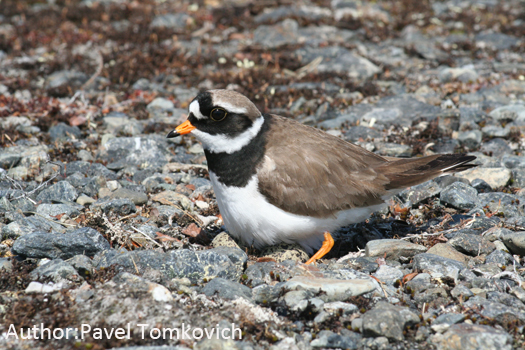Parental care improves the survival of offspring and therefore has a major impact on reproductive success. It is increasingly recognized that coordinated biparental care is necessary to ensure the survival of offspring in hostile environments, but little is known about the influence of environmental fluctuations on parental cooperation. Assessing the impacts of environmental stochasticity, however, is essential for understanding how populations will respond to climate change and the associated increasing frequencies of extreme weather events. Here the influence of environmental stochasticity on biparental incubation in a cosmopolitan ground-nesting avian genus is investigated. Data on biparental care in 36 plover populations (Charadrius spp.) from six continents was assembled to investigate how average temperature, temperature stochasticity and seasonal temperature variation during the breeding season influence parental cooperation during incubation. Data show that the share of parental care carried out by males increases with mean temperature and between-year variation in temperature during daylight hours and that geographical variation in the division of care within species is largely explained by local ambient temperatures. Main conclusions suggest that the degree of flexibility in parental cooperation is likely to mediate the impacts of climate change on the demography and reproductive behaviour of wild animal populations. informacion[at]ebd.csic.es: Vincze et al (2017) Parental cooperation in a changing climate: fluctuating environments predict shifts in care division. Global Ecol Biogeogr doi:10.1111/geb.12540
http://onlinelibrary.wiley.com/doi/10.1111/geb.12540/abstract  Latest News
Latest News
Back

